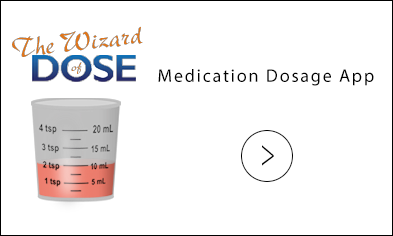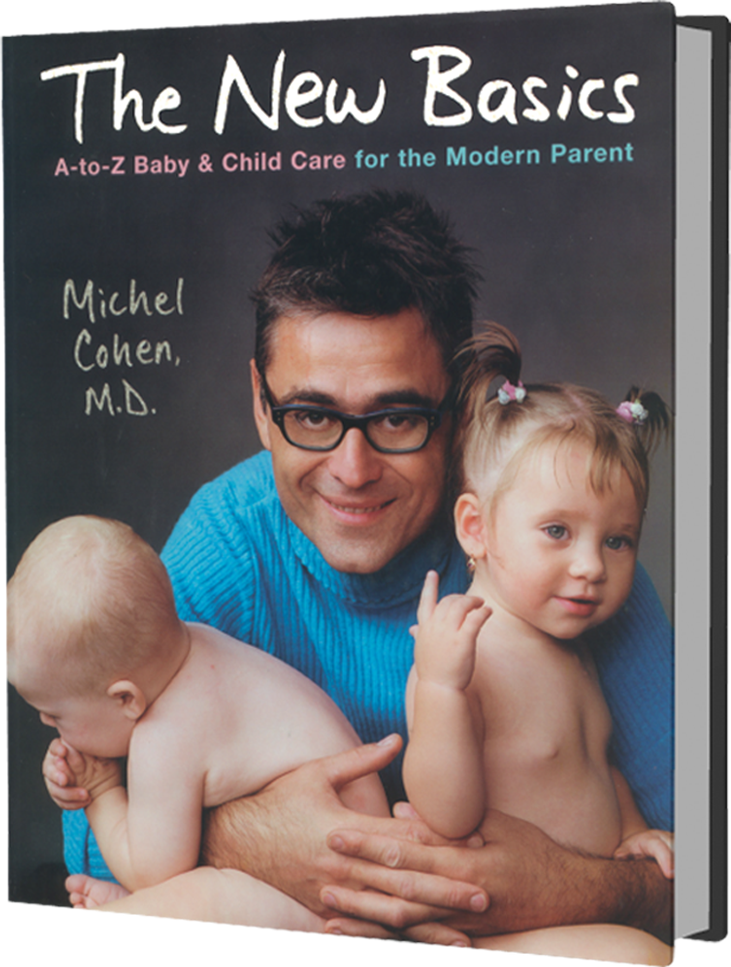
Chicken Pox
Chicken pox has been almost obliterated in developed countries, thanks to a vaccine, introduced in 1995. Not so long ago, I saw dozens of cases each spring. Now, it’s down to a handful a year.
Chicken pox, even in its mildest forms, is unpleasant. The symptoms start with a few pimples or “poxes” distributed over the whole body. As these poxes dry and crust over, more appear, and then they proliferate for the next five days. They are itchy and painful, especially on the eyeball or inside the mouth or vagina. Other symptoms include those typical of viruses: mild fever and decreased appetite.
In some rare cases, chicken pox can be quite severe, with hundreds of poxes and a high fever. The illness has some rare but serious complications, the most frequent being skin infection due to scratching. In uncomplicated cases of chicken pox, the treatment consists of limiting the itching with antihistamines such as Benadryl and preventing infection with an antibiotic cream. Oatmeal baths have a soothing action, but calamine lotion is totally ineffective.
Doctors vaccinate against chicken pox after the first year with a booster at about 4 years to maximize immunity. The vaccine was in use for many decades before it became routine, and while it has proven safe and fairly efficient, it has some limitations. In very rare cases, immunized kids can still contract a mild case of chicken pox. Since the vaccine has very few side effects and offers good protection, however, I recommend routine immunization for chicken pox.
From about twenty-four hours before the rash occurs until the end of the disease, when all the lesions are crusted. The whole process takes five to seven days.
Who is contagious?
Only a person who has the illness currently. People who have already had chicken pox or the vaccine are immunized and therefore not contagious, even if they come into contact with somebody who has an active case of chicken pox.
How long is the incubation period?
Up to three weeks after contact, although most cases appear within two weeks.
What if a very young baby catches chicken pox?
Usually, the mother has already had the disease and transferred maternal antibodies to her infant. The result is either total protection or a very mild case whenever a young baby is exposed in the first six months. After that time, the baby is at risk, but the younger the baby is, the milder the chicken pox. The exception is that very young infants (under a month) can have a rough course.
What if a pregnant woman gets chicken pox?
There is a small potential risk of malformation for the fetus. This is another reason doctors encourage vaccination. As you know, if she’s had chicken pox before, there is no risk of contracting it.
Wouldn’t it be better for my child to get chicken pox early in life?
These days, it’s hard to find a young child with chicken pox. Therefore, if you don’t immunize Jimmy against chicken pox, there’s a greater chance he’ll contract it at a later age, when its effects will be more severe.




 MEDICATION DOSAGE
MEDICATION DOSAGE

